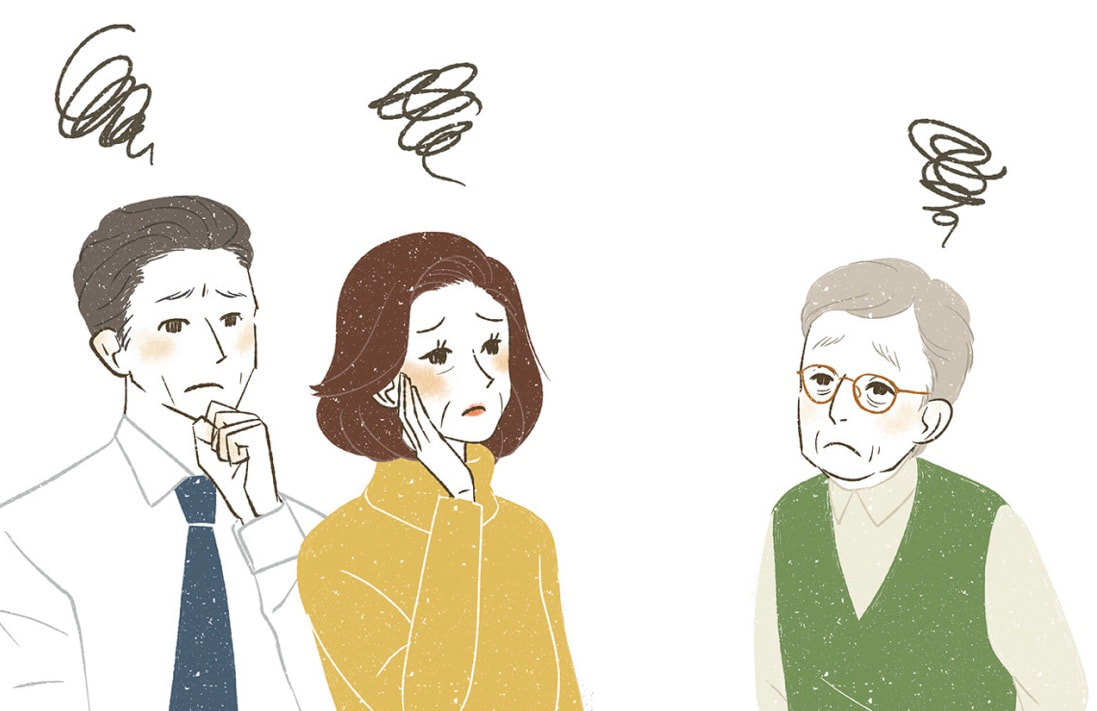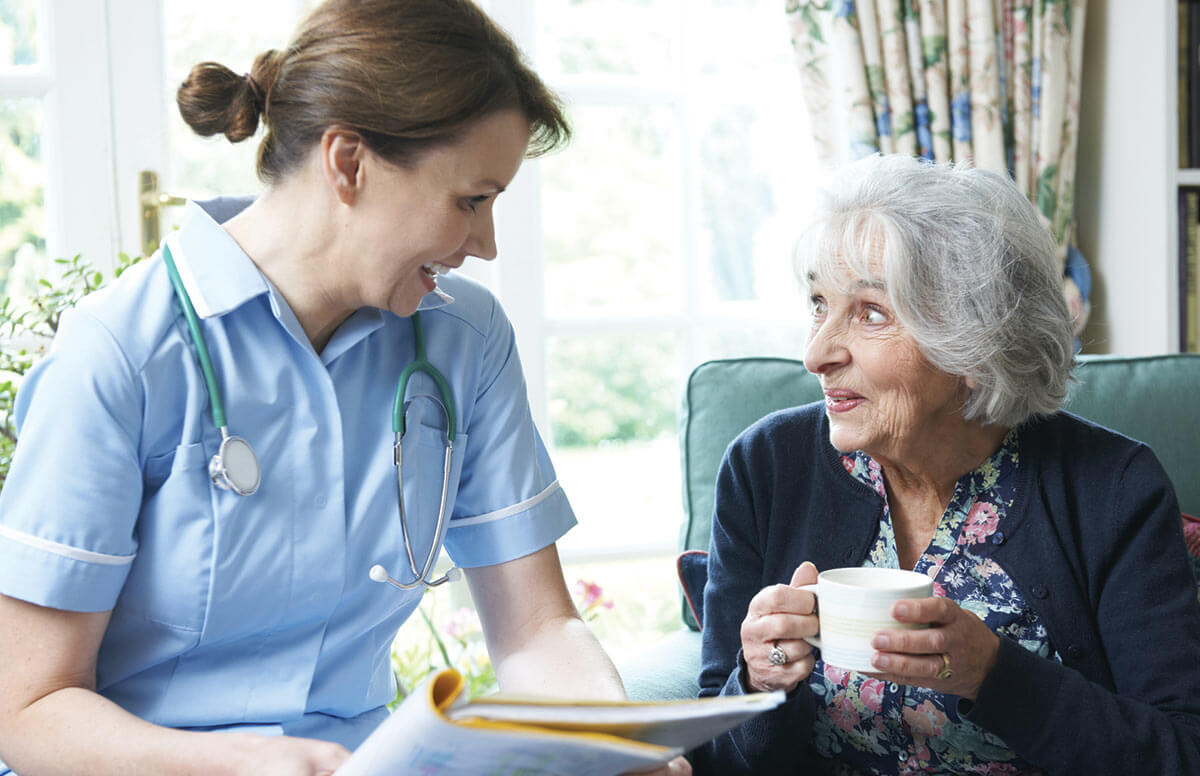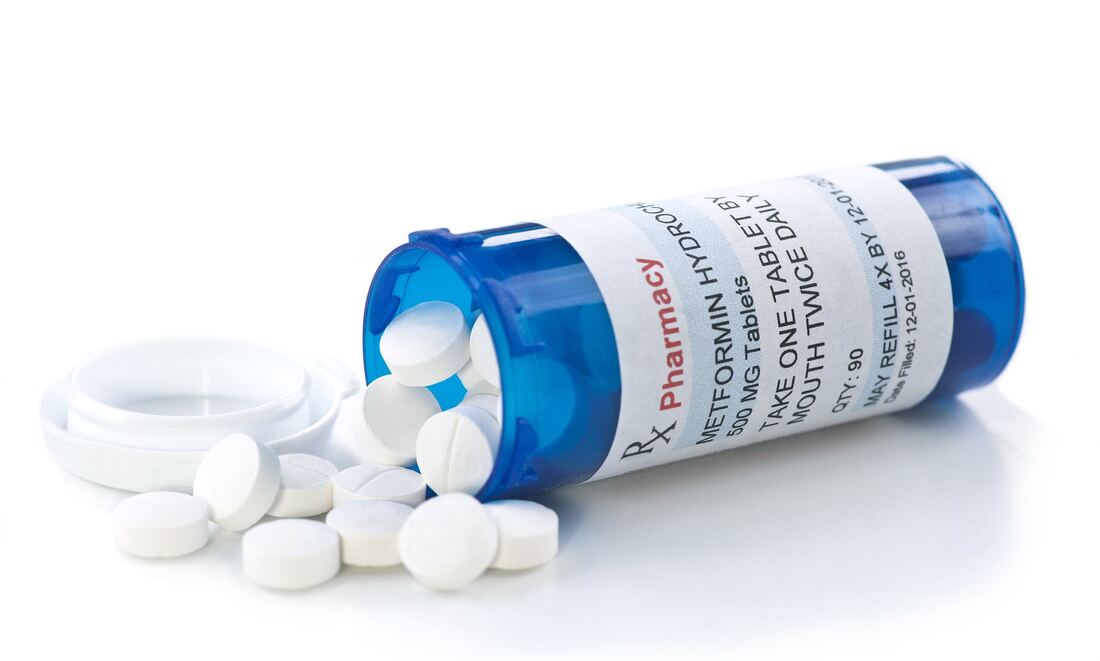The Vital Liquid: Water
Every day I found myself explaining to patients how important is to drink the right amount of water. Many older adults struggle to drink enough fluids to stay hydrated because of misperceptions on what constitutes healthy drinking, concerns about urinary incontinence and a decreased thirst as they age.
Dehydration occurs when your body doesn’t have enough water and other fluids to function normally. Dehydration can happen to anyone, but it is a problem that is more common in people who are older. Your body loses water every day when you breath, perspire, urinate, and have bowel movements. For your body to work right, you need to keep it well hydrated. As you age, your sense of thirst lessens and the kidney isn’t able to conserve body water as well. Over the age of 50, you may feel tired and draggy rather than thirsty, and may opt for a nap instead of a tall glass of water. If you remain dehydrated, you can end up suffering complications, some of which can be serious.
Medications, not only diuretics that make you urinate more water, but also drugs for blood pressure and other cardiac conditions, can compound the effect of dehydration on blood pressure. These medications are usually taken first thing in the morning and reach their peak effect in the late morning. Sometimes eating a meal high in salt can shift body fluid to the stomach and intestine to aid digestion, which is a perfect recipe for making you faint if you are already dehydrated. Other, more serious, complications may include heatstroke, swelling of the brain, seizures, kidney failure, and, if you become severely dehydrated, even death.
The best way to prevent dehydration is to make sure you drink enough water and eat plenty of foods high in water content such as fruits and vegetables. Also remember that your body needs more water if you live in a hot climate, you are sick, or you are exercising. The Centers for Disease Control recommends adults drink almost 2 liters of water a day — that’s about eight 8-ounce glasses. If you have a chronic medical condition, such as congestive heart failure, talk to your doctor first about how much fluid you require.
Anytime you are feeling faint, tired, or dizzy, don’t just go lie down. Consider that your body is trying to tell you something — and it could be that it’s thirsty. Go get a glass of water. It could change your whole day. Hope it helps. Let’s celebrate aging!!
Note: I decided to choose this title because it is the title of the book my grandfather wrote about hydraulics in the City of Chihuahua, Mexico.










